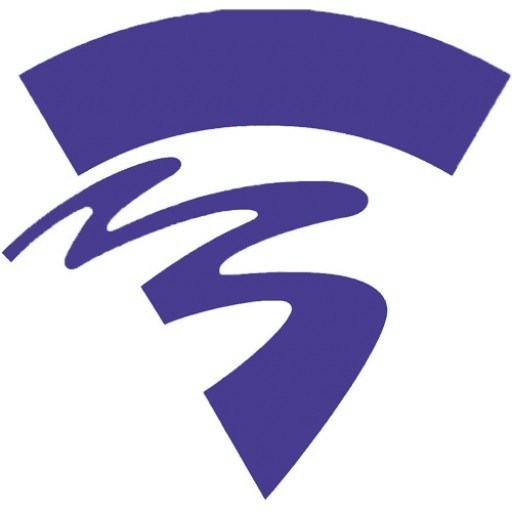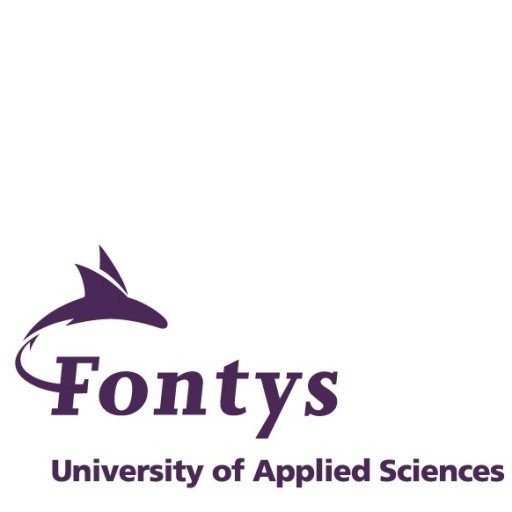Photos of university / #hanzeuas
The Bachelor of Science in Physiotherapy at Hanze University of Applied Sciences offers students a comprehensive education in the field of physical therapy and rehabilitation. This program is designed to prepare graduates to become skilled practitioners who can assess, diagnose, and treat individuals with various physical impairments and disabilities. Throughout the program, students gain in-depth knowledge of human anatomy, physiology, pathology, and biomechanics, providing the foundational sciences necessary for effective physiotherapeutic practice. The curriculum combines theoretical coursework with practical training, ensuring that students develop not only their scientific understanding but also their hands-on clinical skills. Students participate in internships and practical assignments in diverse healthcare settings, including hospitals, rehabilitation centers, and private clinics, which offers real-world experience and enhances their clinical reasoning and patient management skills. Emphasizing evidence-based practice, the program teaches students how to apply current research findings to improve patient outcomes. Furthermore, the program fosters a patient-centered approach, communication skills, and ethical considerations central to modern physiotherapy. Graduates are equipped to work independently or as part of multidisciplinary healthcare teams. They are prepared to register as licensed physiotherapists and to pursue further specialization or postgraduate studies if desired. The program also encourages personal development, cultural competence, and lifelong learning, ensuring that graduates are adaptable and ready to meet the evolving needs of healthcare systems locally and internationally. With a strong focus on innovation and professional integrity, Hanze's Physiotherapy program aims to produce competent, compassionate, and proactive healthcare professionals dedicated to improving patients' quality of life.
First year
During the first year the programme focuses on preparing students for the Physiotherapy profession. Medical-biology and physiotherapeutic subjects will be reviewed, by studying various types of patients. You will also start studying subjects such as psychology, sociology, psychopathology and communication skills. After your first year, you will get binding advice about the continuation of your studies, based on your actual study results.
Second year
During your second year you will study both theory and methods of treatment, in more depth. Every block is rounded off with an exam, just like in the first year.
Third and fourth year
During year three and the first semester of year four, you will take an obligatory minor, which will be physiotherapy related, you will start your work placement and you will also have to choose an exchange programme or minor. It is possible to choose an exchange programme or minor abroad at one of our partner universities, or you can choose from one of the options at Hanze UAS, Groningen. The minors Global Health & Quantified Self, Healthy Ageing or Sports are just a few options that you can choose from. Work placements can be done abroad as well.
Studying abroad
The Physiotherapy programme is part of the International Health Care School, and we therefore prepare students for the global market. Students will be guided and given advice about their career, from the first year. In year three and four, students can make choices based on what will benefit the student most, in relation to their international career. The Physiotherapy programme therefore offers many opportunities. As mentioned earlier, there is the possibility to study abroad through an exchange programme, at one of our partner universities. Internships are also compulsory during the programme and can also be done abroad.
Choice of optional subjects
As well as attending the mandatory bachelor’s programme, you will have the opportunity to develop your own, personal professional profile. During the main phase you will also have optional subjects and free modules to choose from. You will be able to take part in other courses and programmes while doing your bachelor’s programme. Hanze UAS has an Honours Talent Programme, which offers students 30 extracurricular credits. This has been set up for talented students. Completion of this programme will be indicated on the final diploma supplement.
To be admitted to this programme you will need a national secondary school diploma or international secondary school diploma. Your educational qualifications must be
equivalent to the Dutch HAVO secondary school diploma. As the programme is taught entirely in English, you may have to prove your English proficiency, depending on your educational background and nationality.
Tuition Fees 2018-2019
EU/EEA students: € 2,060
Non-EU/EEA students: € 7,700
Competence-based curriculum
The Physiotherapy programme is a professional allied health programme. In order to guarantee that your knowledge meets the criteria set by the professional field, these criteria are translated into competences. Your education revolves around the development of these competences. Examples of these competences are:
- working methodically and applying clinical-based thinking
- providing interested parties with information on prevention
- conducting research
- adopting a professional attitude
- communicating with others in your field, and with other health professionals.
Case studies
You will learn how to treat patients just like a physiotherapist would, throughout the curriculum. You learn basic skills such as physical assessment, treatment and communication skills. These different skills are integrated into case studies, which are an important part of the programme. You will be working on these case studies from the start of the programme and you will have to find the right solutions to the problems of the patients involved. This is called problem-based learning (PBL).








